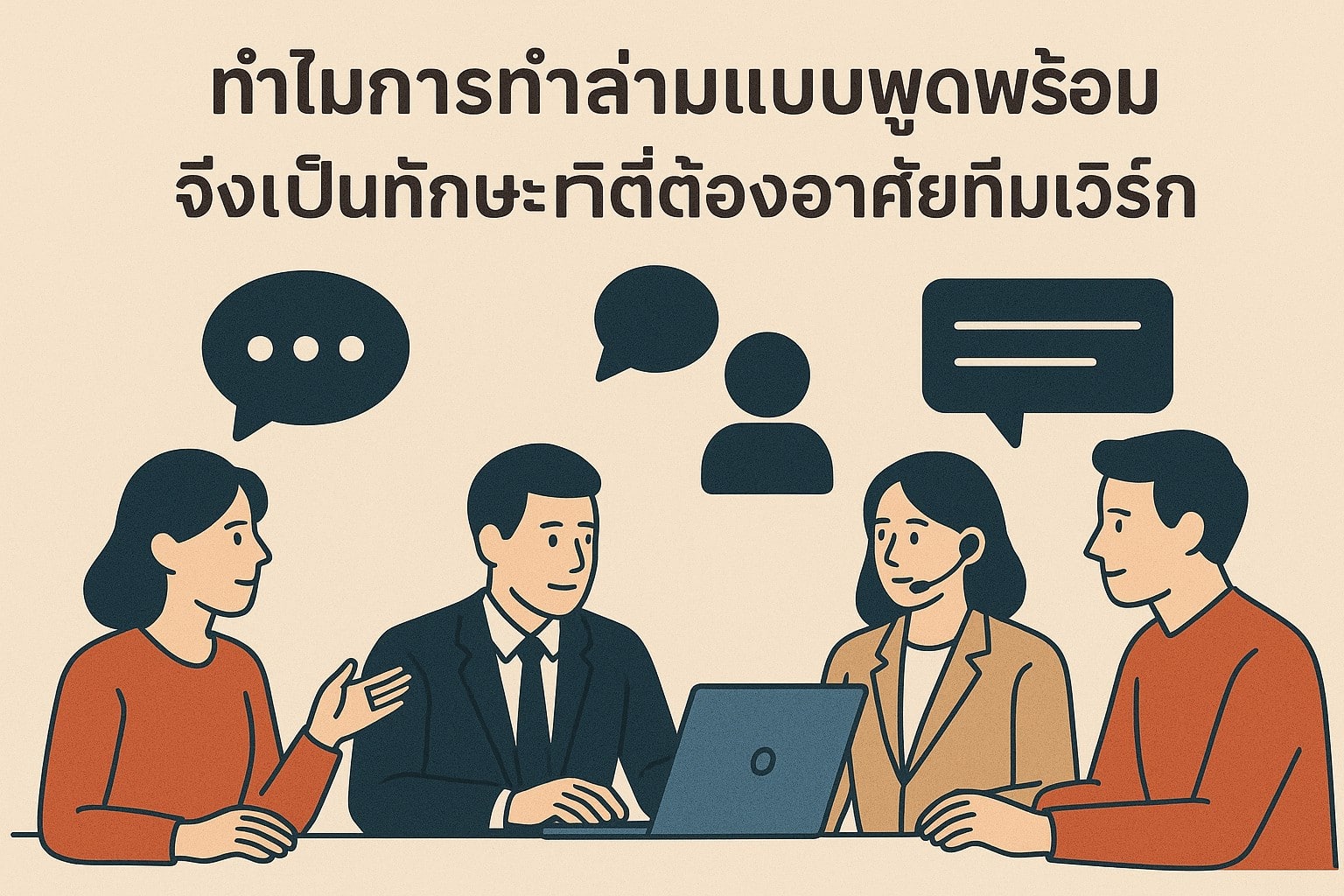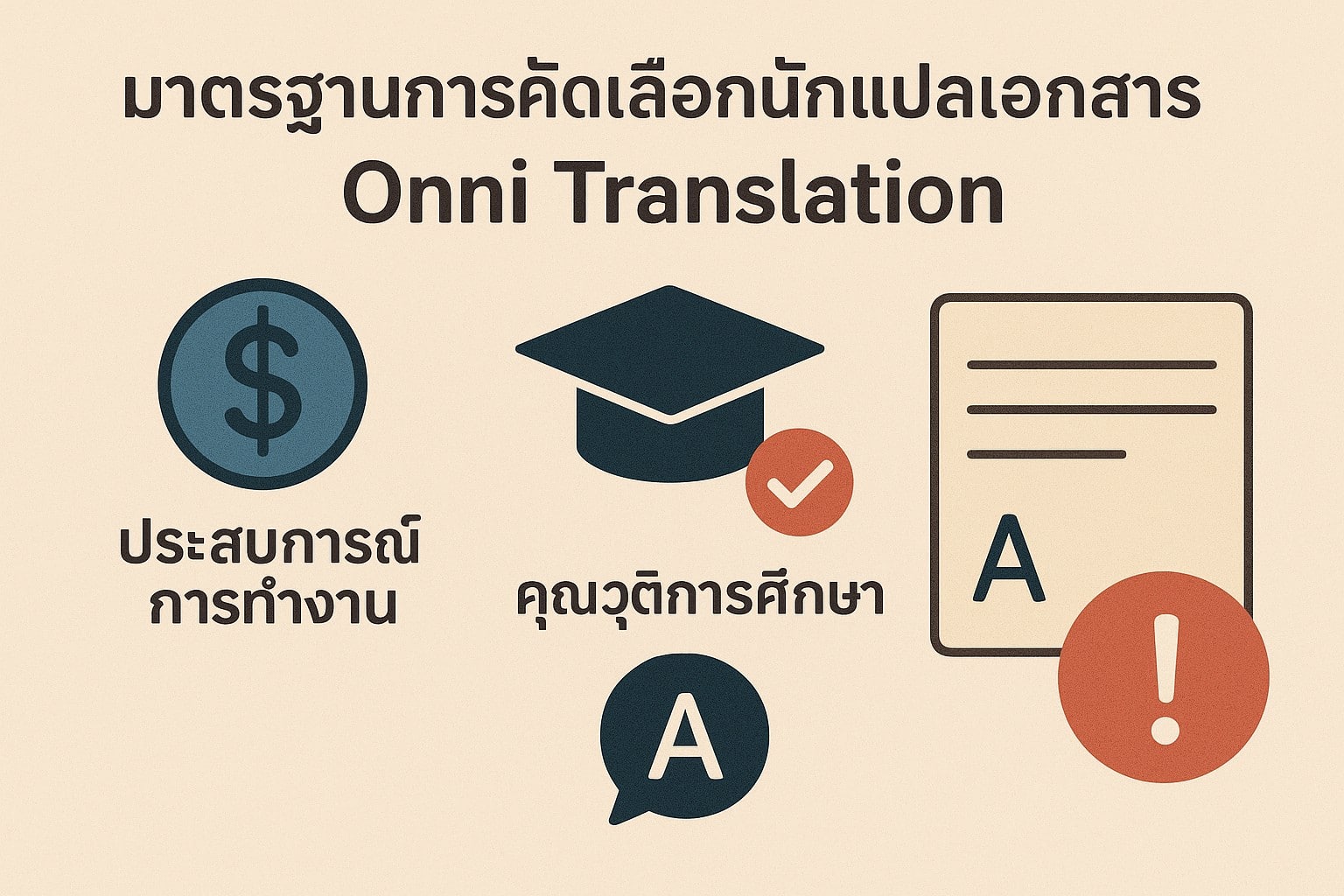
What Do English Interpreters Need to Handle in a Hybrid Conference?
What Do English Interpreters Need to Handle in a Hybrid Conference?
Hybrid conferences—where participants join both in person and online—have become increasingly common, especially in international and business events. In this setting, English interpreters play a critical role in bridging communication gaps. But unlike traditional on-site interpreting, hybrid events present a unique set of challenges that require both linguistic precision and technical adaptability.
Here’s what professional interpreters must be ready to handle in a hybrid conference:
🎧 1. Poor Audio Quality from Remote Speakers
Remote participants often use varying equipment, leading to unclear or distorted audio. Interpreters must stay calm, use contextual clues to fill in gaps, and signal to technical staff if the audio becomes unworkable.
🔄 2. Rapid Speaker Switching
Hybrid settings may involve fast-paced transitions between in-person speakers, remote panelists, or even pre-recorded video segments. Interpreters must maintain focus and adjust their pace quickly without losing clarity.
🛠 3. Coordination with Technical Teams
Interpreters need to work closely with technicians to ensure:
Headsets and microphones function properly
Signal is transmitted without delay
Online platforms (e.g., Zoom, Teams, Webex) are set up correctly for interpretation channels
📚 4. Thorough Pre-Event Preparation
Good interpreters study:
Presentation slides
Speaker bios
Technical terms and industry-specific vocabulary
The flow and format of the event
This allows them to deliver fluent and accurate interpretation on the fly.
🧠 5. Energy and Focus Management
Hybrid conferences often run for extended hours. Interpreters typically work in pairs and rotate every 20–30 minutes to stay sharp and reduce fatigue—especially when switching between interpreting for on-site and online audiences.
✅ In Summary:
Being an English interpreter in a hybrid conference requires more than just language skills. It demands multitasking, adaptability, and collaboration with both technical and organizing teams.
If you’re planning a hybrid event and want a smooth multilingual experience, consider hiring professional interpreters with hybrid-specific experience—like those from Onni Translation—to ensure your event runs flawlessly across all formats.



